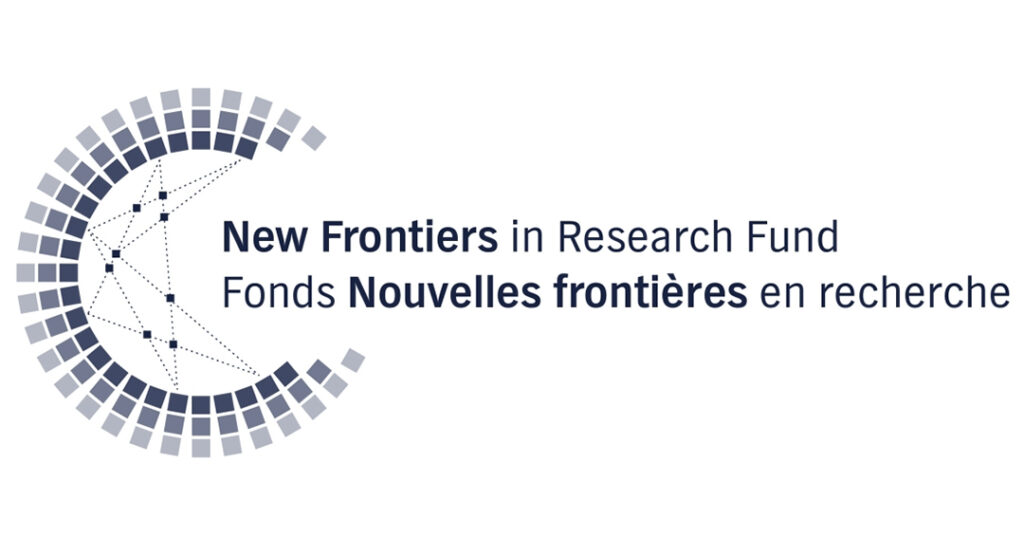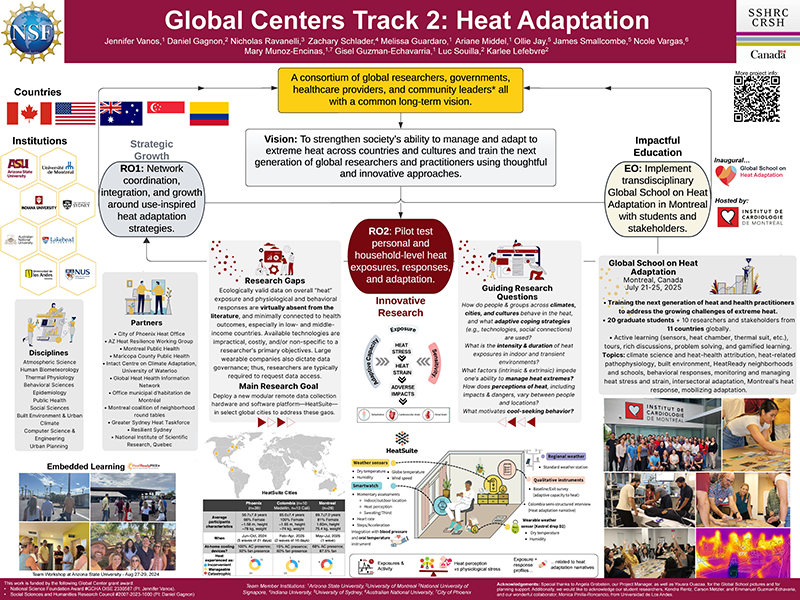Strengthening society’s ability to manage and adapt to extreme heat
The Global Center for Heat Adaptation is a new NSF-funded project based at Arizona State University. Our team, which is made up of researchers and practitioners across North America and Australia, has a vision to strengthen society’s ability to manage and adapt to extreme heat across countries, climates and cultures, alongside training the next generation of global researchers and practitioners using thoughtful and innovative approaches. Data is being collected using HeatSuite, a remote platform gathering information on heat exposure and behavioral and physiological changes during everyday activities. This use-inspired research will produce real-world solutions to yield sustainable, effective cooling practices supporting clean energy in a changing climate, as well as improve the well-being of heat-vulnerable people by empowering communities, healthcare practitioners, government officials and tomorrow’s academics with new knowledge of heat adaptation strategies.
Initiatives
The Global Center for Heat Adaptation hosted the first ever Global School on Heat Adaptation this past July in Montreal, Canada – a groundbreaking collaboration between Arizona State University (ASU) and the University of Montreal. The week-long program brought nearly 30 early career researchers (from PhD candidates to undergraduate students) and a dozen expert researchers and stakeholders from 10 countries and more than 15 disciplines to explore the many dimensions of heat adaptation.
Throughout the week, participants dove into topics such as the science of climate change, public health response to extreme heat, urban heat mitigation, community-based adaptation, and physiology of heat resilience. The mix of interactive sessions, hands-on workshops, and collaborative discussions created an energetic environment where new ideas and partnerships flourished.
The event’s impact extended beyond the classroom. National media outlets interviewed the students and researchers throughout the week, shining a spotlight on the urgent need for innovative approaches to living in a hotter world: CityNews Montreal, CTV News, CBC Radio, The Suburban.
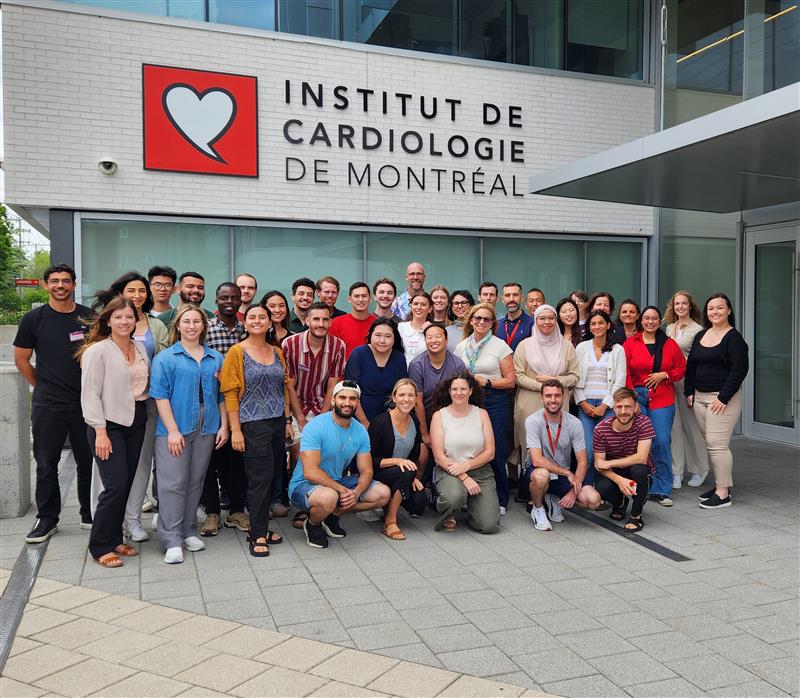
Projects
The inaugural study with the HeatSuite system was completed in Montreal in 2023. A research publication is forthcoming on this work, led by Dr. Ravanelli. Since then, 2024 field campaigns have occurred again in Montreal, as well as the Phoenix Metropolitan area (both outlined below). In 2025, campaigns will occur in Colombia, South America and Sydney, Australia.
HeatSuite
Decoding the Individual Heat Experience: Assessing Personal Heat Exposure, Adaptive Responses, and Non-Life-Threatening Health Outcomes

2025
Colombia
During the first months of 2025, a field study took place in Medellin and Cali (Colombia), two tropical mountain cities in Colombia. In this case study, 20 females older than 50 years (average 65) participated to address the lack of empirical data and explore how people experience and adapt to heat in places where air conditioning is rarely used, as rising temperatures become a growing health concern. Latin America currently contributes less than 4% of global research on climate change and health, highlighting the importance of this work.
This group of women recorded day-to-day heat exposure and physiological responses using the HeatSuite measuring platform, with a similar deployment to the Phoenix case study. Building on lessons from the Phoenix study, this project also included semi-structured interviews to better understand local heat perceptions and coping strategies. All participants had lived in their cities for more than a decade and participated in the study during February in Medellín and March in Cali.
2024
Phoenix
A field study in Phoenix using the HeatSuite launched May 2024 and continued through the summer season. This research aims to better understand heat exposure, response, and adaptation at an individual level in the Phoenix metropolitan area. Given that older people and/or those living in certain types of homes are also more vulnerable, there is a significant benefit in comprehending these fundamental differences better. Participants who have reliable access to shelter and are over 45 years old will receive small weather sensors — one for their home and another wearable version — and a smartwatch to collect data on indoor and outdoor temperatures, participant heart rate and skin temperature. The data collected also includes surveys and self-report smartwatch questionnaires.
Participants simply go about their days as usual, accompanied by their smartwatch and small weather sensors. This survey will help identify individuals who meet the eligibility criteria and are willing to participate in further research activities.
Montréal
As of May 2024, 28 older adults who reside in Montreal participated in a 4-month study conducted to measure the day-to-day physiological and behavioural responses during the summer months. All measurements were conducted within their home and did not require any laboratory visits.
Using HeatSuite, a multipoint remote data acquisition platform that captures indoor environmental conditions, participants continuously wore a fitness tracker, completed a daily sleep quality assessment and a short questionnaire 4 times a day to quantify their thermal sensation, thermal comfort, and thirst, recorded their oral temperature, heart rate, and blood pressure at rest 3 times a day (morning, midday, and evening).
Products
Publications
Ravanelli, N., Lefebvre, K., Mornas, A. et al. Evaluating compliance with HeatSuite for monitoring in situ physiological and perceptual responses and personal environmental exposure. npj Digit. Med. 8, 223 (2025). DOI
Conferences
Guzmán-Echavarria, G., Middel, A., Ravanelli, N., Rosales Chavez, J.-B., Metzler, C., Rentz, K., Munoz, M., Guardaro, M., and Vanos, J.: Decoding the Individual Adaptive Response: Insights from Summertime Personal Heat Exposure, Thermal Perception, and Heat Response in Older Adults in Phoenix, Arizona, 12th International Conference on Urban Climate, Rotterdam, The Netherlands, 7–11 Jul 2025, ICUC12-976, DOI.
Guzmán-Echavarria, Gisel, Ravanelli, Nichollas, Middel, Ariane, Rentz, Kendra, Meltzer, Carson, Munoz, Mary, Guardaro, Melissa, Rosales Chavez, Jose-Benito, and Vanos, Jennifer: HeatSuite Phoenix Pilot: Assessing Non-life Threatening Health Outcomes to Extreme Heat in Older Adults Living in Phoenix, Arizona, 105th Annual Meeting of the American Meteorological Society, held in New Orleans, LA, 12-16 January 2025, paper id. 456641, Abstract
Research team
Leadership
- PI: Jennifer Vanos
- Co-PIs: Ariane Middel, Melissa Guardaro, Nicholas Ravanelli (National University of Singapore), Zach Schlader (Indiana University)
- Canadian Co-PIs: Daniel Gagnon (Université de Montréal)
- Australia Co-PIs: Ollie Jay (University of Sydney), Nicole Vargas (Australian National University)
Collaborators
- Mary Munoz Encinas (HeatReady, ASU)
- Jose-Benito Rosales Chavez (School of Geographical Sciences and Urban Planning, ASU)
- David Kaiser (McGill University)
- James Smallcombe (University of Sydney)
- Monica Viviana Pinilla Roncancio (Universidad de los Andes)
Practitioners
- David Hondula (City of Phoenix)
- Mary Wright (City of Phoenix)
- Caroline Metz (Intact Centre on Climate Adaptation)
Associated Centers and Labs
- ASU Urban Climate Research Center
- ASU SHaDe Lab
- ASU Knowledge Exchange for Resilience
- ASU Human Biometeorology Lab
- Indiana University Environmental Physiology Laboratory
- University of Sydney Heat and Health Research Center
Students
- Gisel Guzman Echavarria (PhD student, ASU)
- KarLee Lefebvre (PhD Student, Université de Montréal)
- Kendra Rentz (Graduate student, ASU)
Postdocs
- Luc Souilla (Université de Montréal)
Alumni
- Carson Metzler (Graduate student, ASU)
Personnel
- Angela Grobstein (Sr. Project Manager)
Partner organizations
- City of Phoenix Office of Heat Response & Mitigation
- AZ Heat Resilience Working Group
- Montreal Public Health
- Maricopa County Public Health
- NOAA
- Global Heat Health Information Network
- Office municipal d’habitation de Montréal
- Greater Sydney Heat Taskforce
- Resilient Sydney
Partner institutions
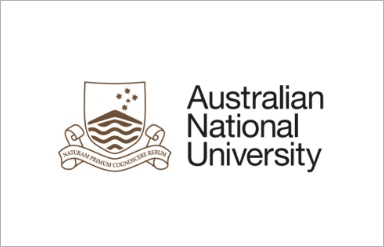
Australian National University

Centre Épic Institut de Cardiologie de Montréal

Indiana University

Lakehead University

The University of Sydney

Université de Montréal

Contact us
To learn more about our project or how to get involved, please contact our team.
Supported by the National Science Foundation under award number OISE- 2330587. Any opinions, findings, and conclusions or recommendations expressed in this material are those of the author(s) and do not necessarily reflect the views of the National Science Foundation.
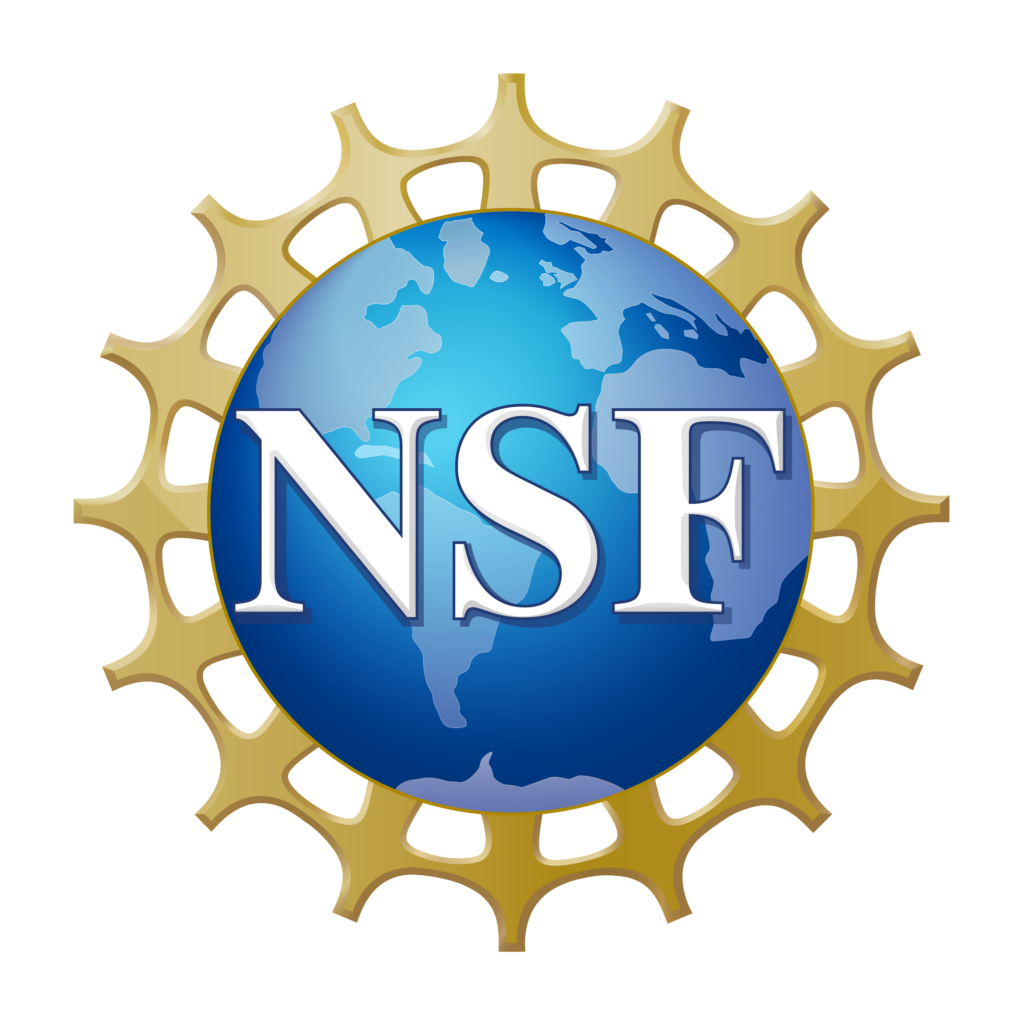
Supported by the New Frontiers in Research Fund (NFRFR-2021-00247). The views expressed herein do not necessarily reflect the views of the Canada Research Coordinating Committee and/or the Social Sciences and Humanities Research Council.
